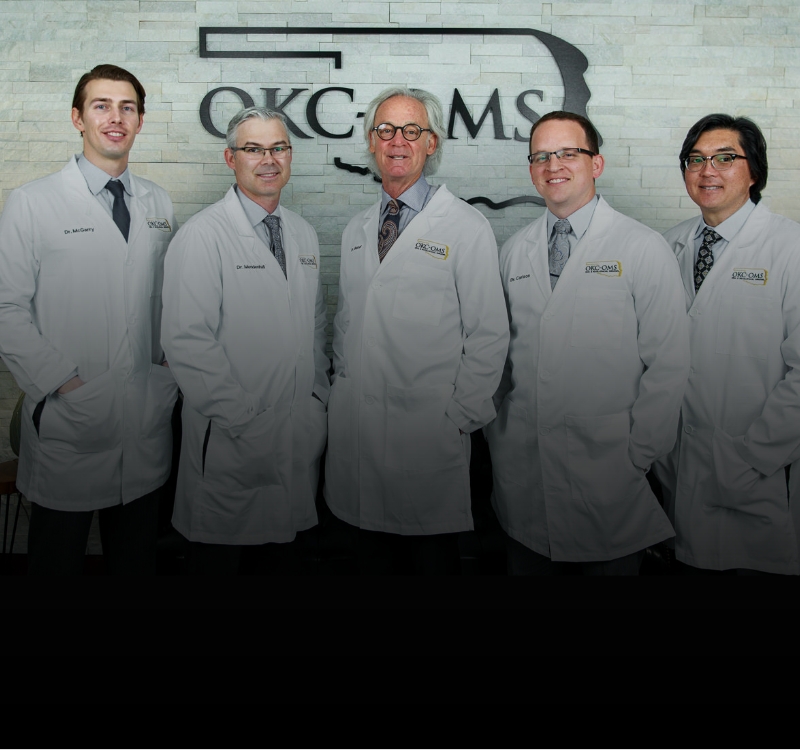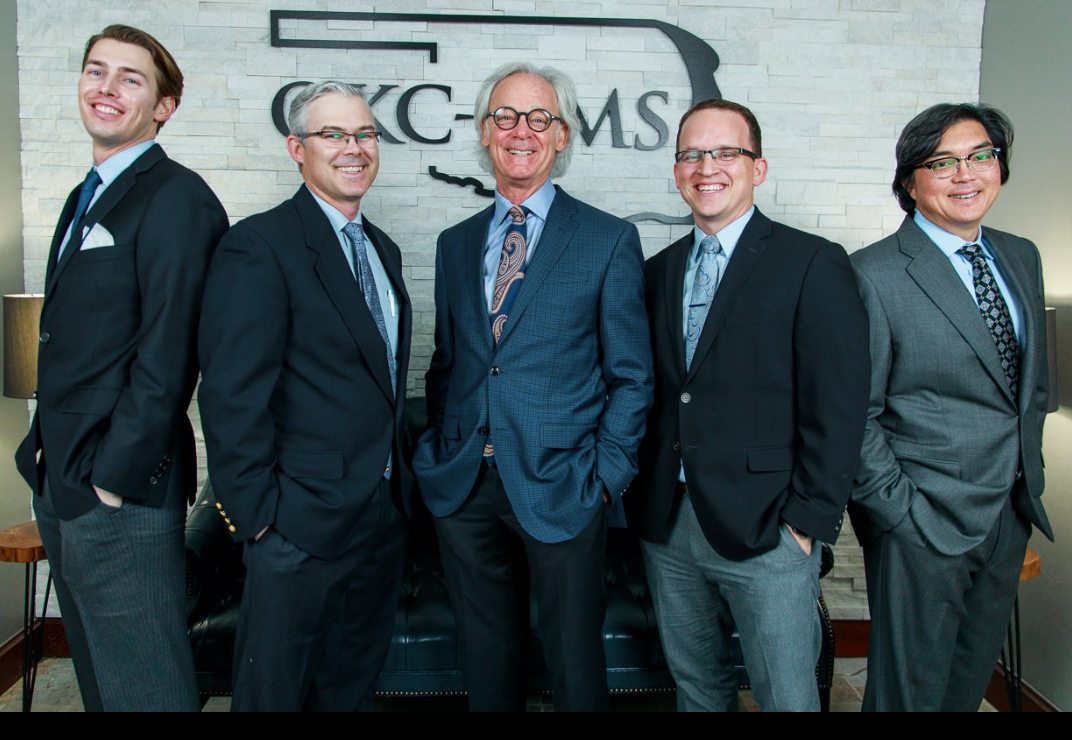Injuries to the face can be a frightening and life-altering experience. Whether caused by an unexpected accident, a sports mishap, or another incident, facial trauma can leave you feeling overwhelmed and uncertain. At OKC-OMS, we aim to empower you with knowledge. You can begin your journey toward healing and recovery by understanding the types of facial injuries, their potential impact on your physical and emotional well-being, and the steps to seek proper care.
Facing the Facts: Common Facial Injuries
Facial trauma encompasses a wide range of injuries involving the bones, soft tissues, and nerves of the face. Here’s a look at some frequently encountered types:
- Fractures: Broken bones in the facial area are quite common. These can involve the jaw (mandible or maxilla), nose (nasal bones), cheekbones (zygomatic bones), or the bones around the eye socket (orbital bones). Symptoms may include pain, swelling, bruising, and difficulty chewing or speaking.
- Lacerations: Cuts on the face require prompt attention to minimize scarring and prevent infection. Stitches or other closure techniques might be needed depending on the depth and location.
- Dental Injuries: A blow to the face can damage teeth, causing cracks, chips, or even complete avulsion (knocking out). These injuries require immediate dental evaluation to determine the best course of treatment.
- Soft Tissue Injuries: Facial trauma can also involve damage to muscles, nerves, and blood vessels. This might manifest as numbness, weakness, bleeding, or difficulty moving facial muscles.
Seeking Help: The Road to Recovery
If you experience facial trauma, seeking professional medical attention is crucial. Here’s what you can expect:
- Emergency Care: In case of serious injuries with bleeding, difficulty breathing, or suspected fractures, head straight to the emergency room.
- Facial Trauma Specialist: Depending on the complexity of the injury, you might be referred to an oral and maxillofacial surgeon with specialized training in treating facial trauma.
- Treatment Plan: The treatment plan will vary based on the specific injury. It might involve medications like pain relievers or antibiotics, splinting for fractures, dental procedures, or even facial reconstruction surgery.
OKC-OMS: Your Partner in Facial Trauma Care
Our team of experienced oral and maxillofacial surgeons is dedicated to providing comprehensive care for all types of facial injuries. If you’ve sustained facial trauma, we encourage you to schedule a consultation with our doctors at OKC-OMS. We’ll work closely with you to develop a personalized treatment plan to restore your facial function and get you back to feeling your best.






